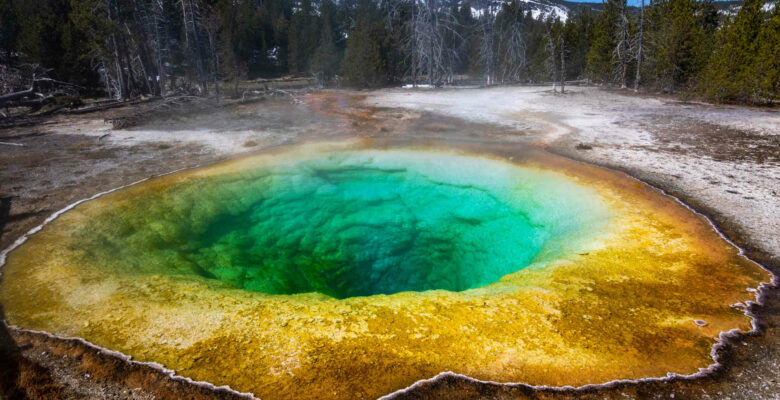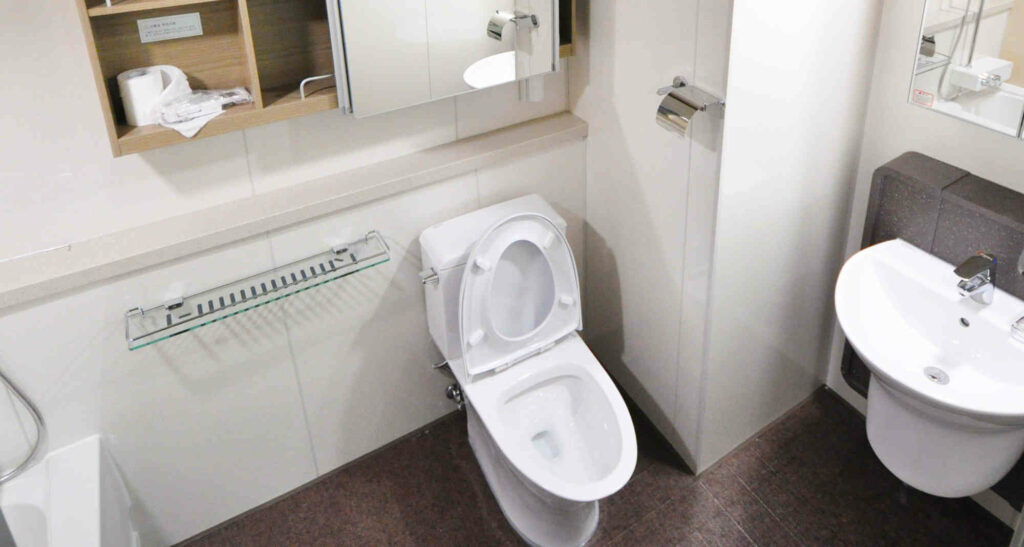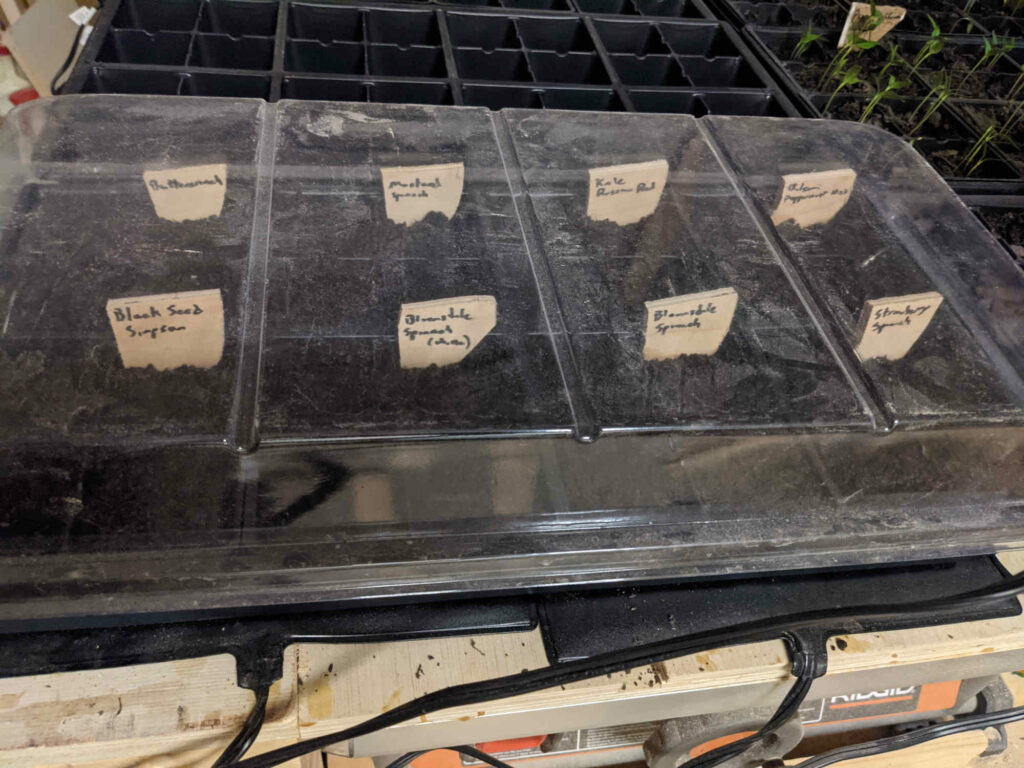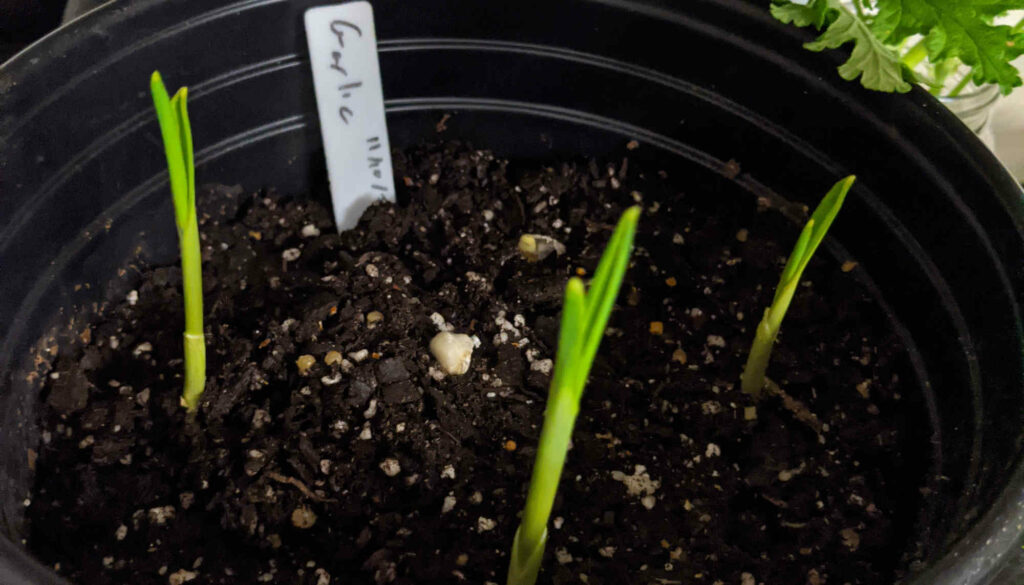Let’s talk about water heaters. They may not be the most steamy topic, but I’d much rather have a hot shower than a cold one. Water heaters are one of your big appliances and should be cared for (even if you never really see it).
Hopefully this article will help introduce the basic concepts of them. We’ll cover more detailed topics later on.
Tanks and Tankless Water Heaters
There are two primary types of water heaters: storage versus tankless. Previously, the most common type of water heater was the storage type. In this variety, you’d have a large tank of water that would be kept at a specific temperature. Your house would draw hot water from that tank and the heater would refill the tank with colder water. How much hot water you had depended on the size of the tank and how fast the tank could reheat the incoming water.
Conversely, the tankless variety heats water on demand. Generally these are more energy efficient because you don’t have to keep a tank of water hot when you’re not using it. However, they’re limited by how fast they can heat up the water as it is being used.
For example, a storage system can run every hot water tap in your house simultaneously. You’d run out pretty quickly I’m sure, but it’s possible. If a tankless system did that, you’d likely have water that isn’t as hot as you’d want it.
Fortunately, you can choose different models of tankless and storage heaters that account for your anticipated use.
Electric, Gas, Other
You may not have a lot of choice here, but water heaters are typically powered by electric or gas. The great thing about a gas water heater is it can keep going if the electricity is off. The bad thing is the pilot light might go out which is bad. Growing up, every water heater my parents had was gas. I learned how to reignite them.
Now, I have an electric water heater, which means I don’t have to worry about a gas leak. At the end of the day, I have no preference as long as they work!
I said primarily earlier. Your water heater can be powered by basically anything. There are oil based ones, gasoline, wood, solar, and even hydrothermal. These aren’t as common though.
Size Of Your Water Heater
In the case of water heaters, it is important to know your needs. Of course you can just get the largest system you can afford. However, you can save a lot of money and hassle if you do a little planning. There are a lot of calculators out there that help you determine how much hot water you need. They all boil (get it) down to how many people are in the house and what your typical daily needs look like.
For example, if you have 3 teenagers who are in sports, your shower is probably going to be running several hours a day. On the other hand, if you live alone and take quick showers, a small system might do just fine.
Also keep in mind that water heaters stay with the house when you sell it. Therefore, if you’re planning on selling soon, you should get a system that works well for potential buyers as well.
Separate Systems
My wife and I have a kid now which means someday, in a few years, we’ll have another person using up the hot water I’m going to want in my own shower. Therefore, we’ve decided we’re going to put our bathroom on its own tankless hot water heater. Let the kids fend for themselves. My wife and I will at least have hot water whether we have time to enjoy it or not.
Assuming you have the space for it, there’s not much limit on how many separate systems you can have. They actually make showers now that have separate hot water heaters built in.
Important Notes
- Check your water heater regularly for leaks. It’s one of the biggest causes of flooding in a house, especially when they get older. Also check for rust and deal with it immediately.
- Water heaters last 6-12 years. You should budget accordingly.
- If you have gas or other flammable fuel, you should know where the shutoff is and how to relight the pilot light.
- If you don’t know what you’re doing, you should hire a plumber for any work on your water heater. If you mess up, you can flood your house and owe hundreds, if not thousands, in your next water bill.
- Water heaters are part of your first day checklist. Know where they are and how to use them!
That’s a lot about water heaters! Hope this helps you better understand your system.







Leave a Reply